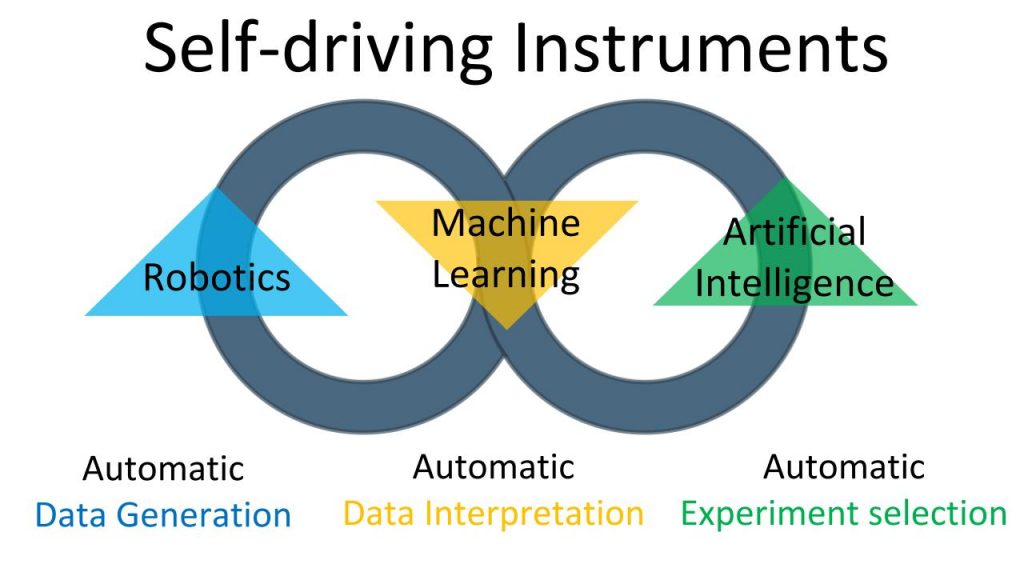The Ray and Stephanie Lane Computational Biology Department’s Masters of Science in Automated Science: Biological Experimentation (MSAS) program trains practitioners in the design, implementation, and application of laboratory automation and artificial intelligence in scientific research. Students train with world-class faculty, including those from the top-ranked School of Computer Science.
Fall 2025 CB MS Programs Information Session
We invite you to join our information sessions for the MS in Automated Science and MS in Computational Biology programs:
- Thursday, November 20, 10-11am ET
- Thursday, November 20, 9-10pm ET
Register

What is Automated Science?
Automated Science is the practice of scientific research without the need for significant human intervention.

Hear more about Automated Science from Professor Emeritus Robert F. Murphy, founding faculty of the M.S. in Automated Science Program, here.
What Skills are Taught in the Program?
The top 3 skills taught in the program are:
- Familiarity with various types of experimental methods used and with the operation and characteristics of the currently available equipment that can perform those methods on a large scale and under computer control
- Experience in constructing and using statistical and machine learning methods for constructing predictive models from experimental data.
- Expertise in active machine learning methods for using predictive models to choose future experiments that are expected to enable the accuracy of the models to grow as rapidly as possible.
What can you do in Automated Science?
Scientific Automation is widely used in the pharmaceutical, biotech, and agricultural industries. MSAS graduates are qualified to select, configure, customize, and operate the hardware and software necessary to automate essential tasks in scientific research and engineering.
Graduates become leaders in the emerging paradigm of Automated Science – the combination of robotic scientific instruments, Machine Learning, and Artificial Intelligence for iteratively building predictive models from experimental data and selecting new experiments to improve them. Students have opportunities to do research projects with Carnegie Mellon Faculty, to do summer internships with relevant companies, and to do collaborative projects with industrial sponsors.
